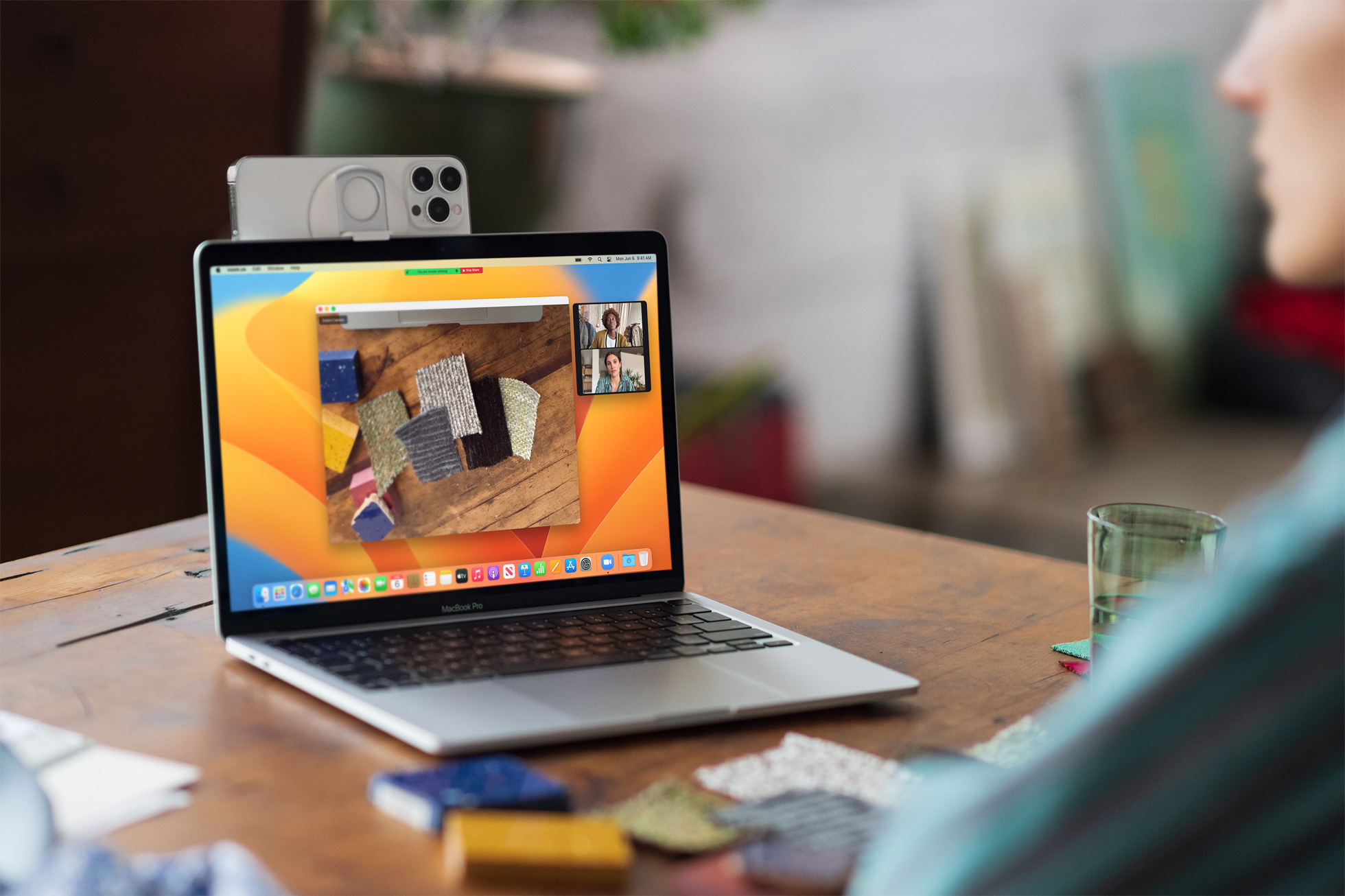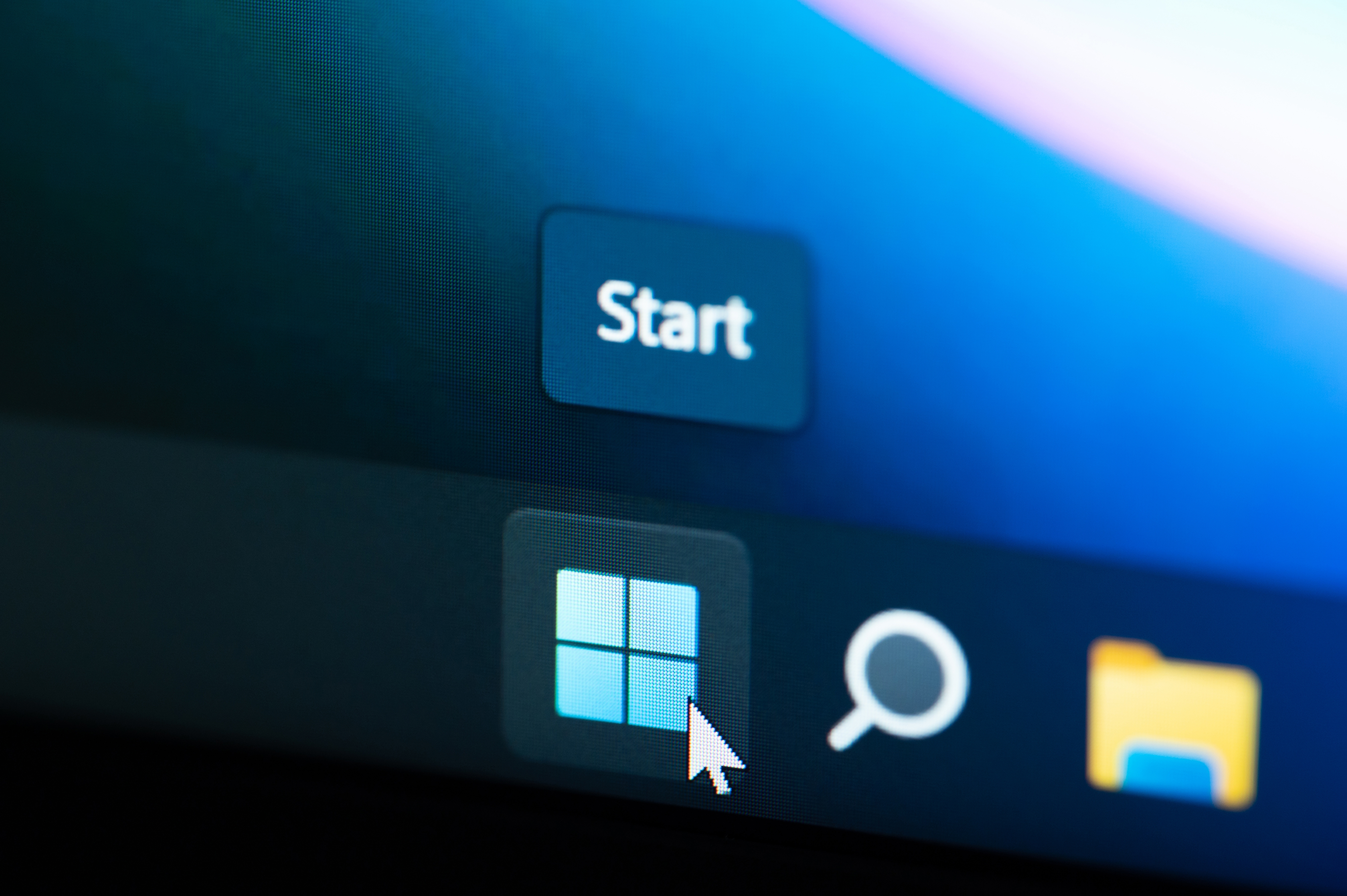Look, Microsoft, we need to talk. It’s no secret that you’ve been nagging me (and everyone else) to upgrade to Windows 11 for a while now, with everything from ads to in-OS reminders pushing me towards the settings menu to check if my PC is eligible for an upgrade. But here’s the thing, Microsoft: this path you’re on isn’t sustainable.
I mean this in a few different ways. Firstly, the extremely literal sense; Windows 11 forces a Trusted Platform Module 2.0 requirement, which for the uninitiated is a specific chip on your laptop or desktop’s motherboard enabling enhanced security features. No TPM 2.0? No Windows 11. Yes, I know you can technically upgrade to Windows 11 without TPM 2.0, but I wouldn’t recommend it.
Is that enhanced security good? Yes, absolutely – but it effectively means that many older computers literally can’t run Windows 11, which combined with the impending Windows 10 End of Life is eventually going to result in a lot of PCs headed to the ever-growing e-waste pile. That’s a real problem in itself. But I’m not here to rant about e-waste (though it’s really bad). I want to talk about how users perceive Microsoft’s nigh-omnipresent operating system, and how its current trajectory could result in serious issues further down the line.
Chop and change
See, Windows is constantly evolving – from humble beginnings as an MS-DOS interface in the mid-Eighties to beloved iterations like Windows XP and 10 (and widely panned versions, such as Vista and RT). But over the years, there have long been whispers of a ‘final’ version of the OS; a ‘Windows Perfected’ if you will, designed to last forever with continual updates – or at least, designed to last for a very long time.
In a sense, what those hunting for this ‘last’ Windows iteration want is the same experience that macOS users get: an operating system that just continually gets free updates adding new features, rarely changes in a hugely significant way, and isn’t chock-full of annoying ads. Of course, it’s not quite that simple for Microsoft; Apple has incredibly tight control over the macOS hardware ecosystem, while Microsoft theoretically has to make Windows run on a near-limitless selection of custom- and pre-built PCs as well as laptops from numerous different manufacturers. Then again, keeping ads out of Windows should be as simple as it is for macOS, and that hasn’t happened…

At the end of the day, Microsoft doesn’t need to keep creating entirely new versions of Windows – it does so because outside of an Apple-esque closed ecosystem, that’s profitable, as system manufacturers will need to keep buying new OS keys and users will need to keep buying new systems.
Sure, there might need to be major overhauls now and then that leave some people behind – the TPM 2.0 debacle is perhaps one such example. But there are cracks in this methodology that are slowly starting to show, and I suspect it won’t end well unless Microsoft changes course.
Time for some defenestration?
If upgrading to a new OS is a lot of hassle for an individual (I’ve personally been putting it off for years, still using Windows 10 on my personal desktop), imagine how much work – and how much money – it takes for a large business to do it. Although Windows 11 adoption is finally on the rise, plenty of private businesses and public sector organizations are still stuck on Win10 or older, despite Microsoft’s insistence for us all to upgrade.
A 2021 report by Kaspersky suggested that 73% of healthcare providers globally are still using equipment with an outdated OS for medical purposes. Now, this isn’t just talking about Windows computers, but it’s a damning figure – a more recent investigation by Cynerio claimed that 80% of imaging devices are still using operating systems that have been officially EoL’d and are now unsupported, like Windows 7 and XP.

Healthcare is just one such sector, but it’s felt widely, particularly in sectors and countries where funding for hardware and software upgrades often isn’t readily available. Running an out-of-support OS can lead to a variety of issues, not least with security and compatibility. It’s not that these organizations don’t want to upgrade, it’s that they literally can’t – not without the significant expenditure of completely replacing the computer, and sometimes the entire machine it’s hooked up to.
Annoying ads
Lastly – and I’m going to be a bit brutally honest with you here, Microsoft – the slow but inexorable enshittification of Windows has got to stop. Ads, bugs, pestering notifications, the constant forcing of Copilot AI down our throats; just stop it, guys. Please.
I have Windows 11 on my laptop, and also the ROG Ally I used for handheld PC gaming. I’m no stranger to how bad it’s become. My dislike of Apple hardware is well-documented, yet macOS’s year-on-year consistency and total lack of ads is beginning to look mighty appealing.
Win11 feels less like a product you buy and own and more like an ‘OS as a service’ – something you pay for but don’t really own, and can be snatched away or heavily modified at a moment’s notice. It’s already a serious issue in the game industry, with triple-A games increasingly becoming less about providing a good, fun experience and more about extracting as much value from the player as possible.

Even Windows 10 isn’t safe from Microsoft’s meddling. At this point, I’m half looking forward to the EoL purely so that Microsoft will take its grubby little fingers out of my desktop OS. No, I don’t care about how great Windows 11 supposedly is now. No, I don’t care about Copilot and how it’s going to fix my digital life and cure all my worldly ailments.
Let me create a little analogy here. Imagine if you bought a car. It’s a good car, it runs fine and doesn’t give you any major issues. Then, a few years later, a new model comes out, and every morning, no matter where you park, the dealership sends someone to put a flyer on your windshield advertising the new car, or some other new offer the dealership is running. Every now and then, they also take away a small part of your car, like a wiper blade or a single tire nut. The kicker? You don’t want the new car, and you might not even be able to afford it anyway.
I just want a straightforward OS that runs smoothly and doesn’t become outdated every five years. Is that really too much to ask, Microsoft?
You might also like…
- Windows 11’s rumored Start menu redesign could mean it eats up a huge chunk of desktop space for some users – although it can be tamed
- Windows 11’s controversial Recall feature could soon arrive for Copilot+ PCs – I just hope Microsoft’s tightening of its privacy is up to scratch
- Is Microsoft getting truly desperate with adverts now? I’m seriously unimpressed with a new ‘suggestion’ to buy Avowed in Windows 10 and Windows 11
